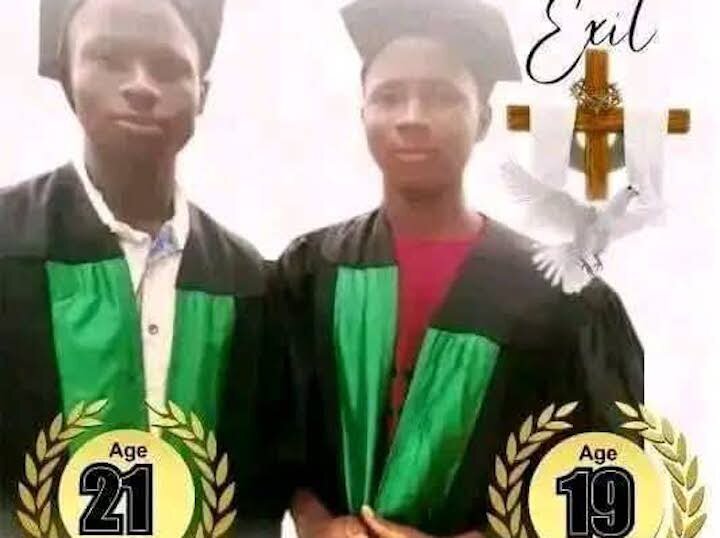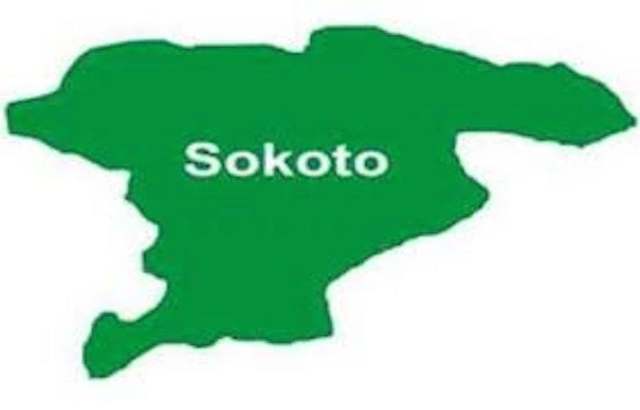
The quiet morning air in Wapan Nghaku, a community nestled within the hospital ward of the Wukari local government council of Taraba state, was, on Friday, April 4, 2025, shattered by tragedy.
According to Guardian Nigeria, two young brothers, Masandi Moses Bulus and Mikhima Moses Basungyu, had gone out to tend their farm, something they did regularly, just like any other day. But they never returned home.
According to local authorities, the two were attacked and killed by suspected militias.
The shocking incident has left their families, neighbors, and the entire Wukari community devastated.
“My heart is heavy,” said Dauda Agbu Samaila, Executive Chairman of Wukari and Vice-Chairman of the Association of Local Government of Nigeria (ALGON), Taraba State chapter as he spoke about the killings.
“These were hardworking young men whose lives were cut short in the most senseless and violent way.”
The council chairman said he has already mobilized security agencies to investigate the incident and ensure that the attackers are brought to justice.
“We must not allow this violence to continue. Our people deserve to live in peace, to work their farms, and to raise their families without fear,” he added.
The killings have reignited longstanding tensions in the area, where inter-communal violence has flared up intermittently over the years.
Residents who spoke with The Guardian recalled past attacks, including ambushes on travelers and the burning of properties. The pattern of bloodshed is one that community leaders are desperate to break.
Visibly shaken by the news, the senator representing Taraba South senatorial district, Senator David Jimkuta, also condemned the attack.
Visiting the grieving families, he described the murders of the Basungyu brothers as “a heartbreaking reminder of the fragility of peace.”
“This is not just a crime against two individuals—it’s an attack on the soul of Wukari,” the Senator said.
He called for swift justice and urged security agencies to act decisively. “We must build a society where conflict is not resolved through the barrel of a gun but through dialogue, understanding, and mutual respect.”
Local leaders, clergy, and civil society organizations have begun fresh efforts to foster peace and reconciliation among neighboring communities. But the road ahead is long and uncertain.
As the people of Wukari gather to mourn Masandi and Mikhima, their names are now etched in the town’s painful history as they seek justice, peace, and a future free from fear.







